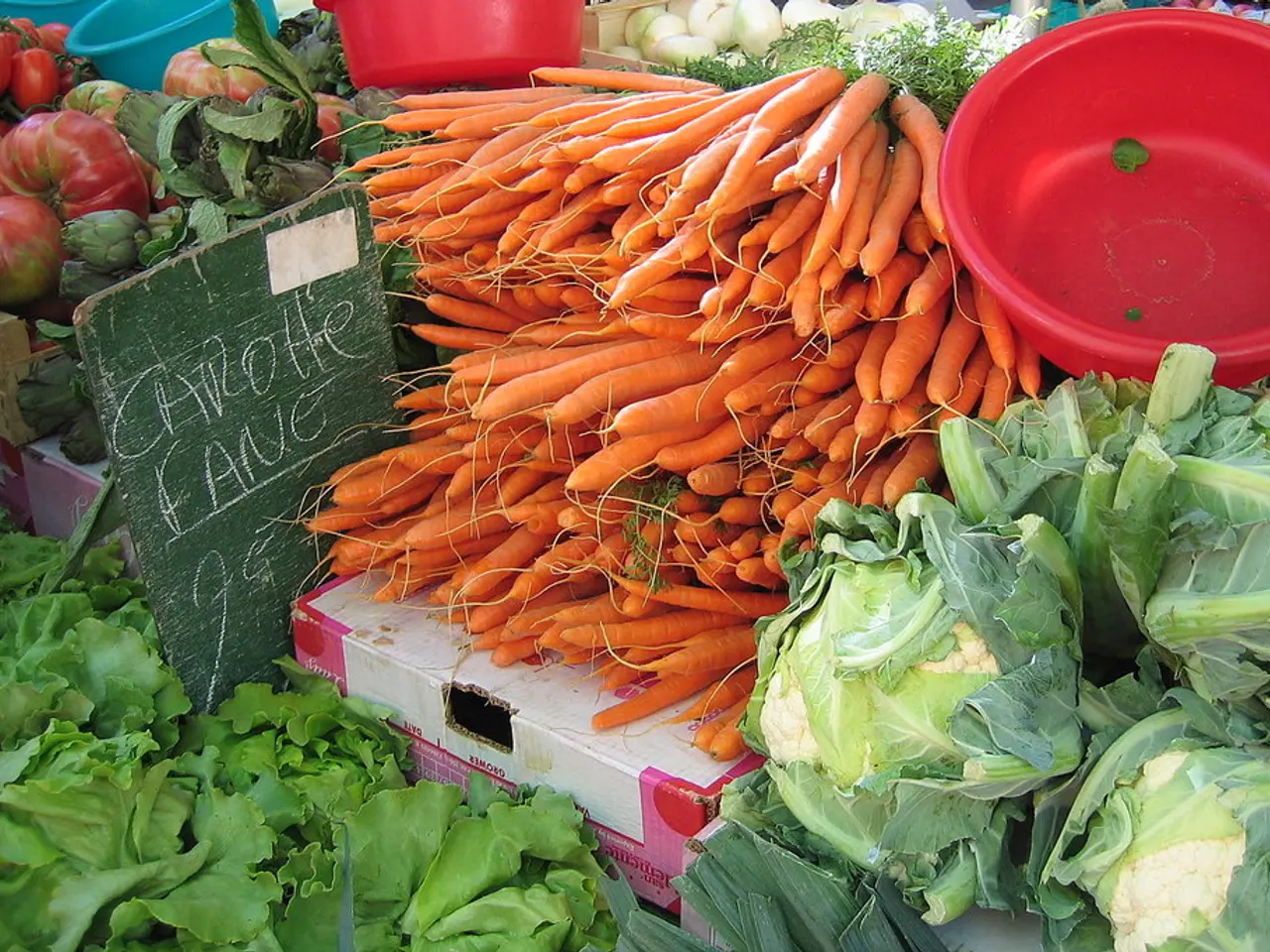Review of Eucalypso Tencel Lyocell Classical Bed Sheet Collection
**Eucalypso Tencel™ Sheets: A Sustainable and Comfortable Choice for Bedding**
Eucalypso, a leading bedding brand, has introduced Tencel™ sheets that offer a unique blend of sustainability, comfort, and performance. These sheets, made from eucalyptus wood pulp, are processed in a closed-loop system that is eco-friendly and highly sustainable.
The production of Eucalypso Tencel™ sheets is centred around sustainability. Eucalyptus trees, from which the fibres are derived, are harvested from sustainably managed plantations without the use of pesticides, herbicides, or chemical fertilizers. The closed-loop process used in the production of Tencel™ fibres recycles over 99% of the source materials, chemicals, and water, significantly reducing environmental impact.
Comfort is another key feature of these sheets. They have a silky, smooth feel with a subtle sheen, often attributed to their sateen weave. The sheets are exceptionally soft right out of the package and maintain or improve their softness after washing. The smooth finish is luxurious but without the slipperiness of silk.
In terms of performance, the eucalyptus-derived Tencel fibres excel at wicking moisture and promoting breathability. This natural moisture-wicking property means less sweating and improved temperature regulation, making them an ideal choice for hot sleepers or year-round use. The sheets are also lightweight yet strong, combining comfort with durability.
When compared to other sustainable and ethical sheet options like organic cotton and linen, Eucalypso Tencel™ sheets stand out. They are more sustainable due to the closed-loop process and the fact that eucalyptus trees need no pesticides or chemical fertilizers. In terms of softness and feel, Tencel™ sheets are silky and smooth, outperforming organic cotton in this aspect. Moisture-wicking is another area where Tencel™ sheets excel, with better performance than organic cotton and linen.
Eucalypso ensures ethical business practices through ISO Certification and partners with Fair Trade factories in Karachi, Pakistan, and Shanghai, China for sewing the bedding. The packaging is attractive, and the cost is reasonable, comparable to a decent set of cotton sheets.
The sheets wrinkle easily but do not leave creases on the face. They are also hypoallergenic due to the lack of chemicals in their growing and processing. Additionally, the sheets are thermoregulating, keeping the body temperature comfortable in both warm and cool weather.
Moreover, eucalyptus trees absorb carbon from the environment, reducing greenhouse gas emissions. The OEKO-TEX Standard 100 certification ensures that there are no harmful chemicals in the bedding. Lastly, the sheets are large enough and have deep enough pockets to accommodate a well-cushioned mattress and large pillows.
In conclusion, Eucalypso Tencel™ sheets offer a compelling sustainable and ethical bedding option for those prioritizing both comfort and low environmental footprint. Their eco-conscious production, silky softness, breathability, moisture-wicking ability, and durability make them an excellent alternative to other sustainable sheets like organic cotton and linen.
The Eucalypso Tencel™ sheets extend their eco-friendly approach beyond production to fashion-and-beauty products, considering the sustainable cultivation of eucalyptus trees and the absence of chemicals in their growing and processing potentially contribute to a more sustainable and healthier lifestyle. This commitment to sustainability further extends to home-and-garden considerations as well, with the carbon absorption by eucalyptus trees reducing greenhouse gas emissions, contributing to a cleaner and healthier environment.




